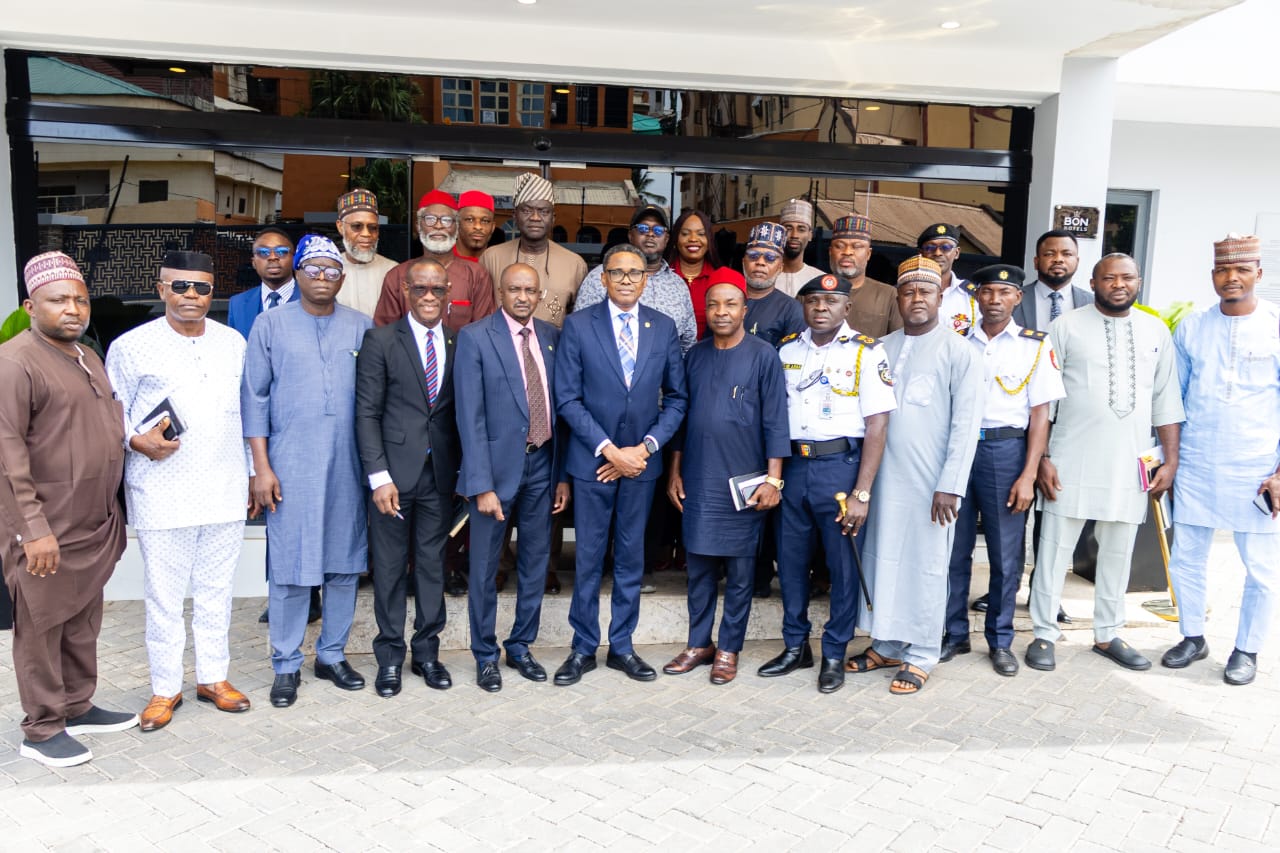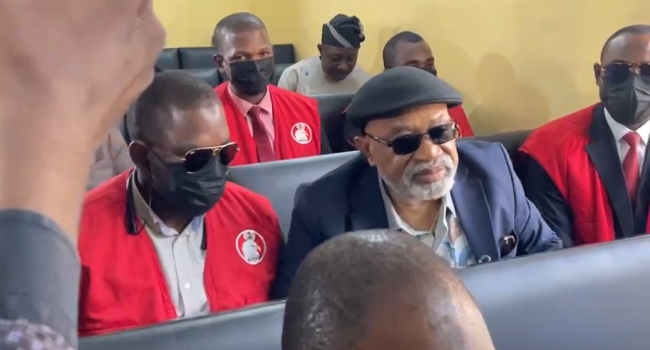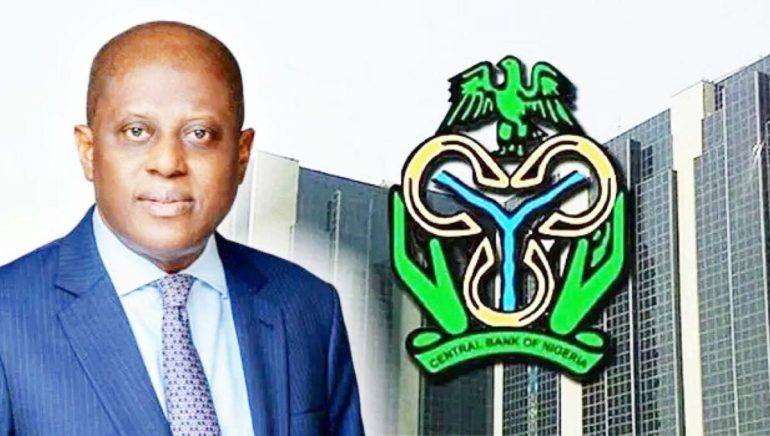Listeners:
Top listeners:
-
play_arrow
104.9FM Best rock music demo
-
play_arrow
Demo Radio Nr.1 For New Music And All The Hits!
-
play_arrow
Demo Radio Techno Top Music Radio
-
 play_arrow
play_arrow
Police Commissioner Launches Weapon and Riot Control Training for FCT Officers Democracy Radio

By Oluwakemi Kindness
The National Insurance Commission (NAICOM) has reaffirmed its commitment to enforcing insurance compliance for public buildings and construction sites across Nigeria.
NAICOM stated this at the 4th Meeting of the Joint Committee on Insurance for Public Buildings and Buildings under Construction, in Abuja on Wednesday which brought together key stakeholders to review progress and address challenges in implementing mandatory insurance regulations.
In his opening remarks, Deputy Commissioner for Insurance (Finance and Administration), Ekerete Ola Gam-Ikon, updated members on NAICOM’s broader enforcement strategy, which began with third-party motor insurance and is now expanding to public and construction buildings.
He underscored the importance of inter-agency collaboration and efficient claims settlement, referencing the timely compensation provided to insured parties following the fire incident at the Cash and Carry supermarket in Abuja.
The committee discussed implementation progress, with the representative from Development Control indicating that they have started enforcing insurance requirements since January 2025 but are awaiting necessary documents to commence full enforcement.
Other stakeholders, including the Nigerian Insurers Association (NIA) and the Federal Fire Service, shared their perspectives on the importance of complete documentation, risk assessment, and insurance coverage.
The Chairman of the joint committee, Gam-Ikon, urged Development Control to establish a database of public buildings and buildings under construction and ensure that only buildings with approved documents are insured.
And the Director of Legal Enforcement and Market Development at NAICOM, Dr. Talmiz Usman, thanked committee members for their support and participation.
The meeting reinforced the need for collective action and regulatory compliance to enhance safety and risk management within Nigeria’s construction sector.
Written by: Democracy Radio
Similar posts
Copyright Democracy Radio -2024


